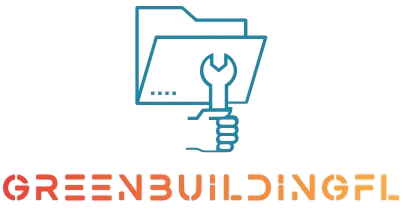The Role of Project Documentation
Project documentation plays a crucial role in ensuring the success of a project. It serves as a comprehensive record of the project’s objectives, processes, decisions, and outcomes. Here are the key roles of project documentation:
- Communication: Documenting project goals, requirements, scope, and milestones helps in communicating project details to stakeholders, team members, and other relevant parties. It ensures that everyone has a shared understanding of the project’s purpose, objectives, and progress.
- Accountability and Transparency: Project documentation provides a trail of accountability by documenting project plans, roles and responsibilities, and decision-making processes. It helps track who is responsible for each task and ensures transparency by documenting the project’s progression, challenges, and outcomes.
- Knowledge Transfer: Documentation captures valuable knowledge, lessons learned, and best practices throughout the project lifecycle. It facilitates knowledge transfer between project members, enabling future teams to benefit from past experiences and avoid repeating mistakes.
- Risk Management and Issue Tracking: Documenting risks, assumptions, constraints, and issues helps in effective risk management. It allows project managers and teams to anticipate potential problems, assess their impact, and develop strategies to mitigate risks and resolve issues.
- Change Control: Project documentation plays a role in managing change. It tracks approved changes, updates to project plans, and the impact of those changes on the project scope, schedule, and budget. Documentation ensures that all stakeholders are aware of and aligned with any modifications made to the project.
- Quality Assurance: Documentation serves as a reference for quality standards, guidelines, and procedures. It helps maintain consistency in project deliverables, ensures adherence to established quality benchmarks, and provides a basis for quality control and assurance processes.
- Project Evaluation and Lessons Learned: Documenting project outcomes, successes, and failures is essential for evaluating project performance. It allows for reflection, analysis, and identification of areas for improvement. Lessons learned and recommendations captured in project documentation provide valuable input for future projects and organizational learning.
In summary, project documentation plays an integral role in facilitating communication, accountability, knowledge transfer, risk management, change control, quality assurance, and project evaluation. It serves as a vital resource for all project stakeholders, ensuring efficient project execution, effective decision-making, and continuous improvement.



